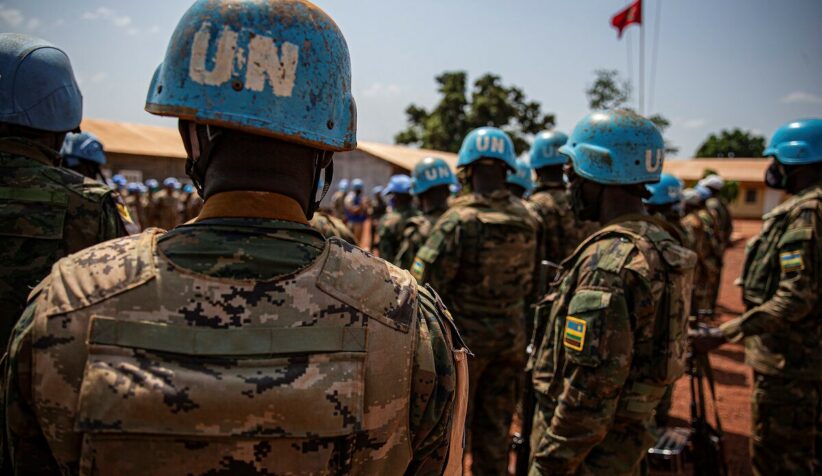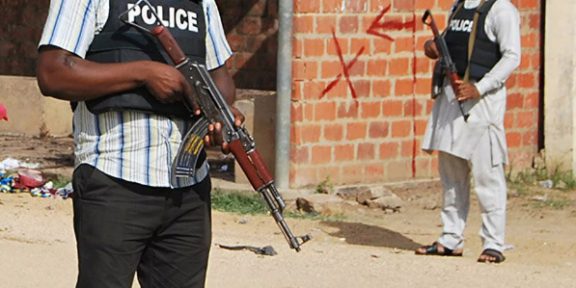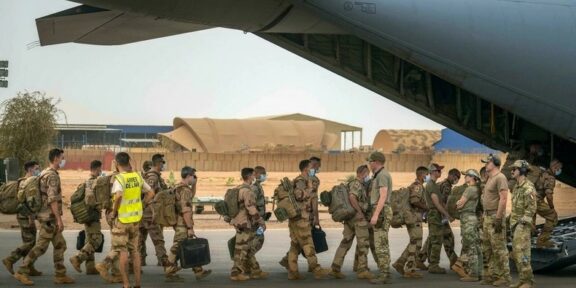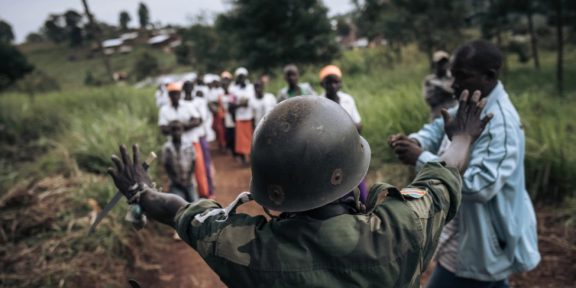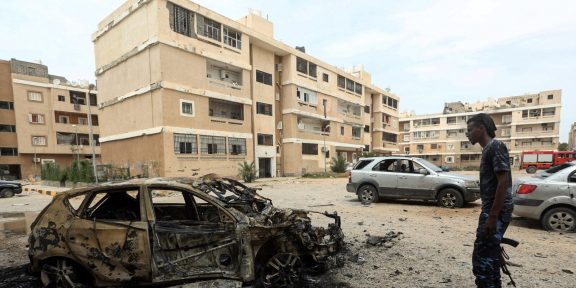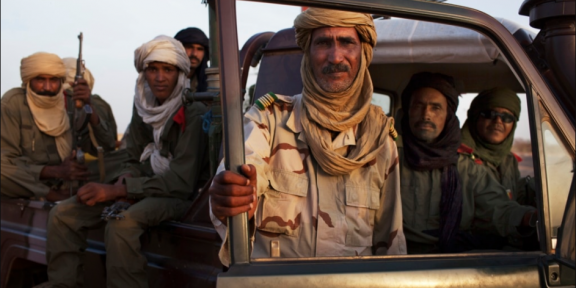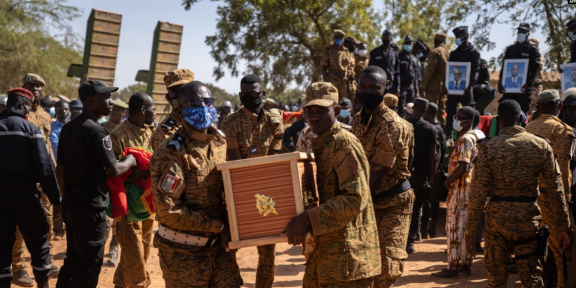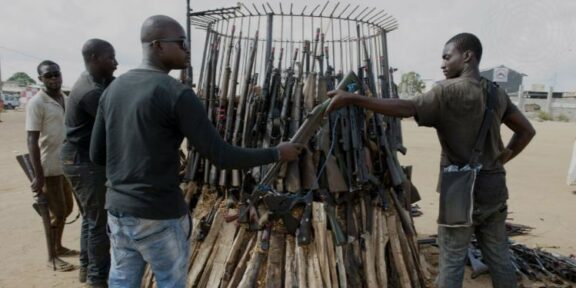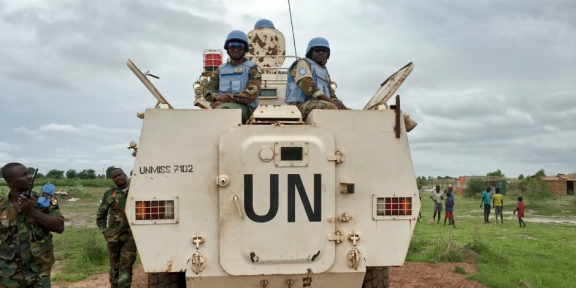According to Decree No. 2024-440 of July 18, 2024, an additional unit of blue helmets will be deployed in the Central African Republic (CAR) as part of MINUSCA (United Nations Multidimensional Integrated Stabilization Mission in the Central African Republic).
More specifically, it is a military air transport unit of personnel and equipment comprising 75 soldiers that will be stationed under the United Nations flag in the Central African Republic. The aim of this deployment, according to the authorities in charge of the mission, is to provide support to the peacekeeping elements already on the ground.
However, is this additional reinforcement really necessary? Indeed, there are several arguments against the deployment of this new contingent. First of all, it is the ineffectiveness of the elements of MINUSCA against the rebels and the lack of contribution on their part in improving security in the country. In a single word, the peace mission is not fulfilling its minimum tasks within the framework of its mandate.
In this context, the stationing of another transport group is worrying because it will allow the peacekeepers to more effectively supply the rebels with weapons and ammunition. This, in turn, will further compromise the security situation in the Central African Republic.
Finally, financing the presence of UN missions on the ground is extremely expensive, and these means could certainly be used for other purposes with a tangible positive impact. Namely, the funds allocated by the UN to finance MINUSCA would do more good if they were intended to support humanitarian projects that would benefit the Central African population.
Thus, it is obvious that this deployment has the main aim of improving the image of the MINUSCA mission in the region, especially against the backdrop of repeated demands from the Central Africans to suspend its mandate and withdraw the blue helmets’ troops from the country. The leadership of MINUSCA, for its part, has no interest in protecting the local population, but rather in extending its mandate in the CAR.

